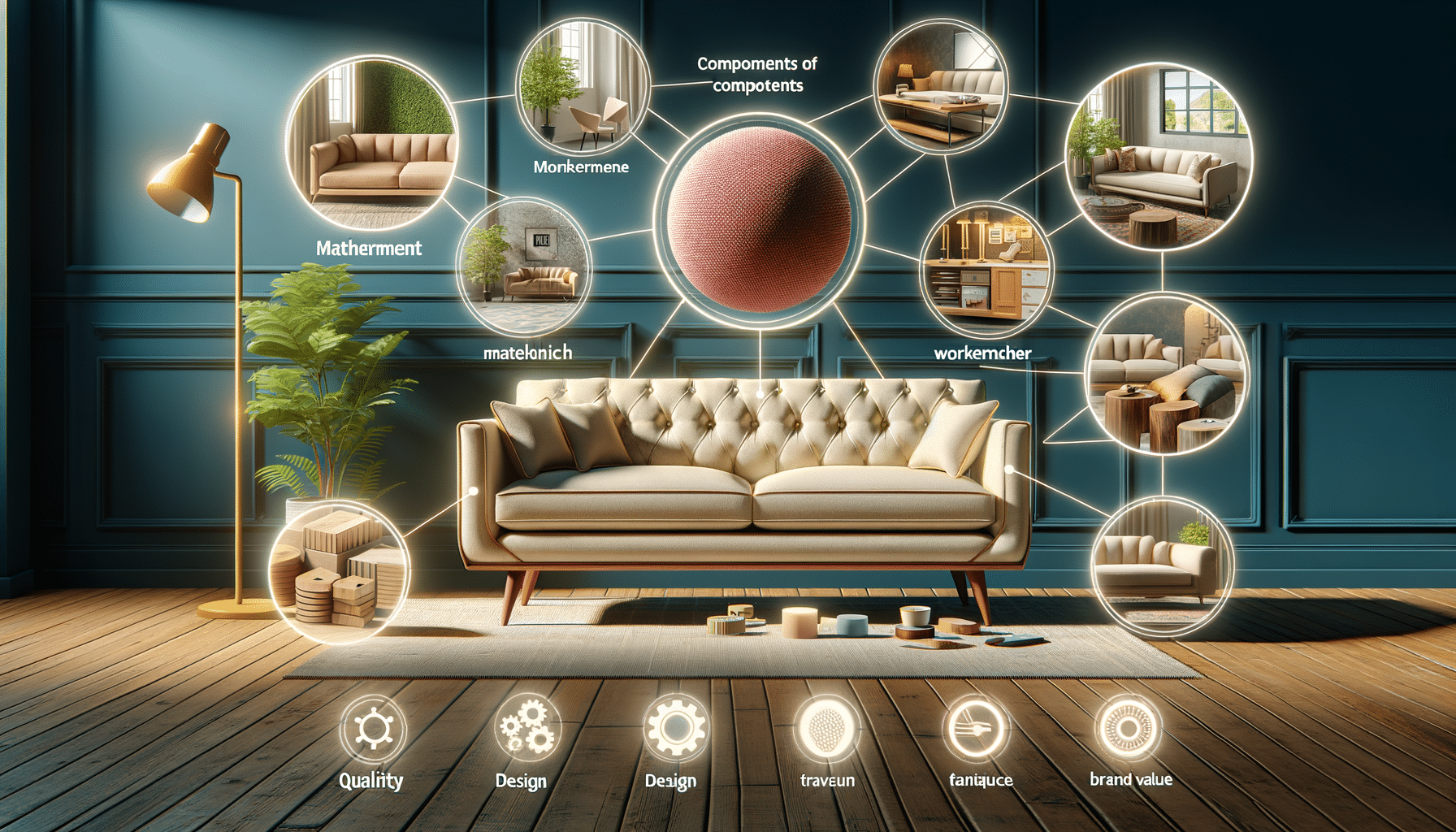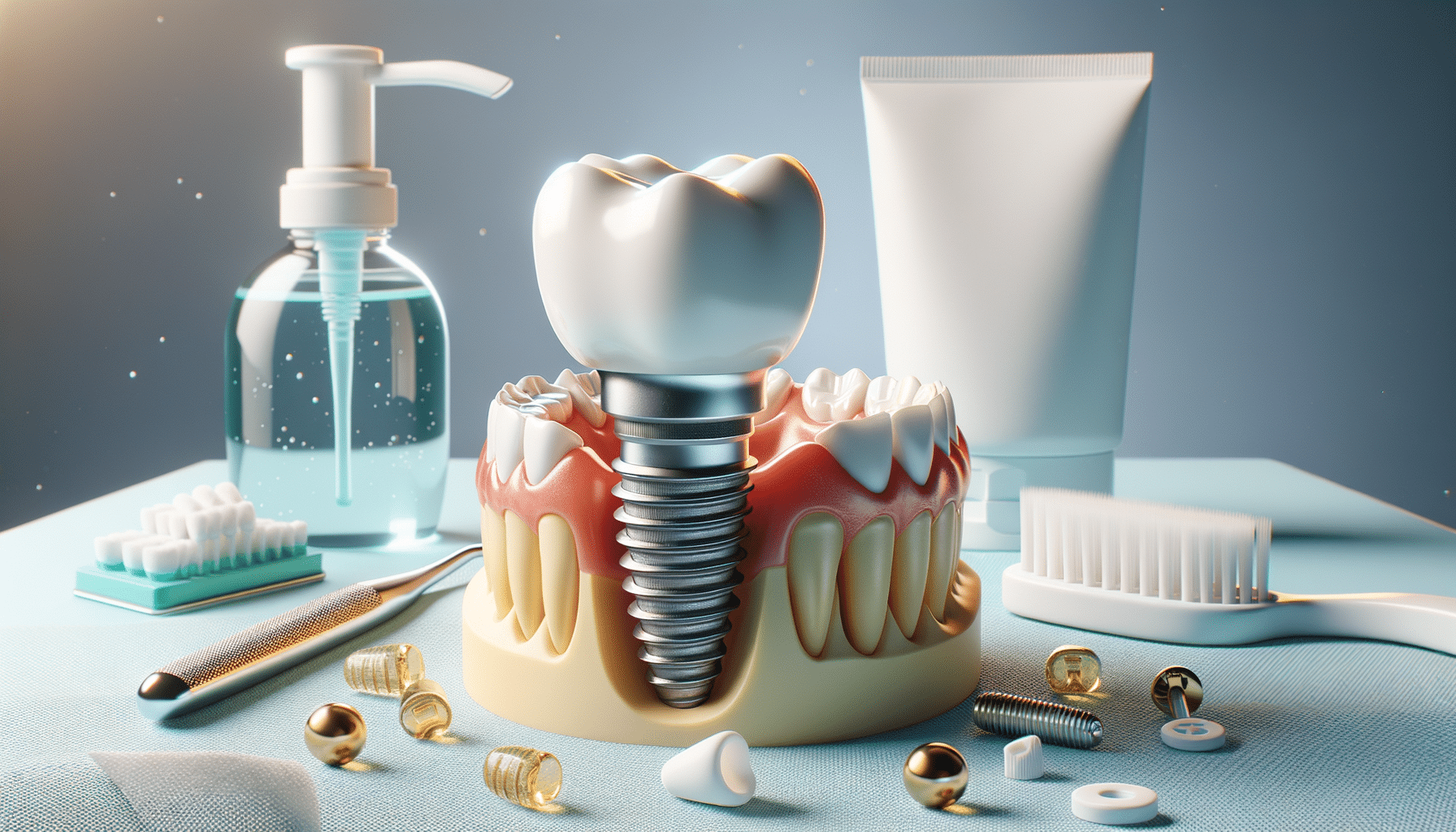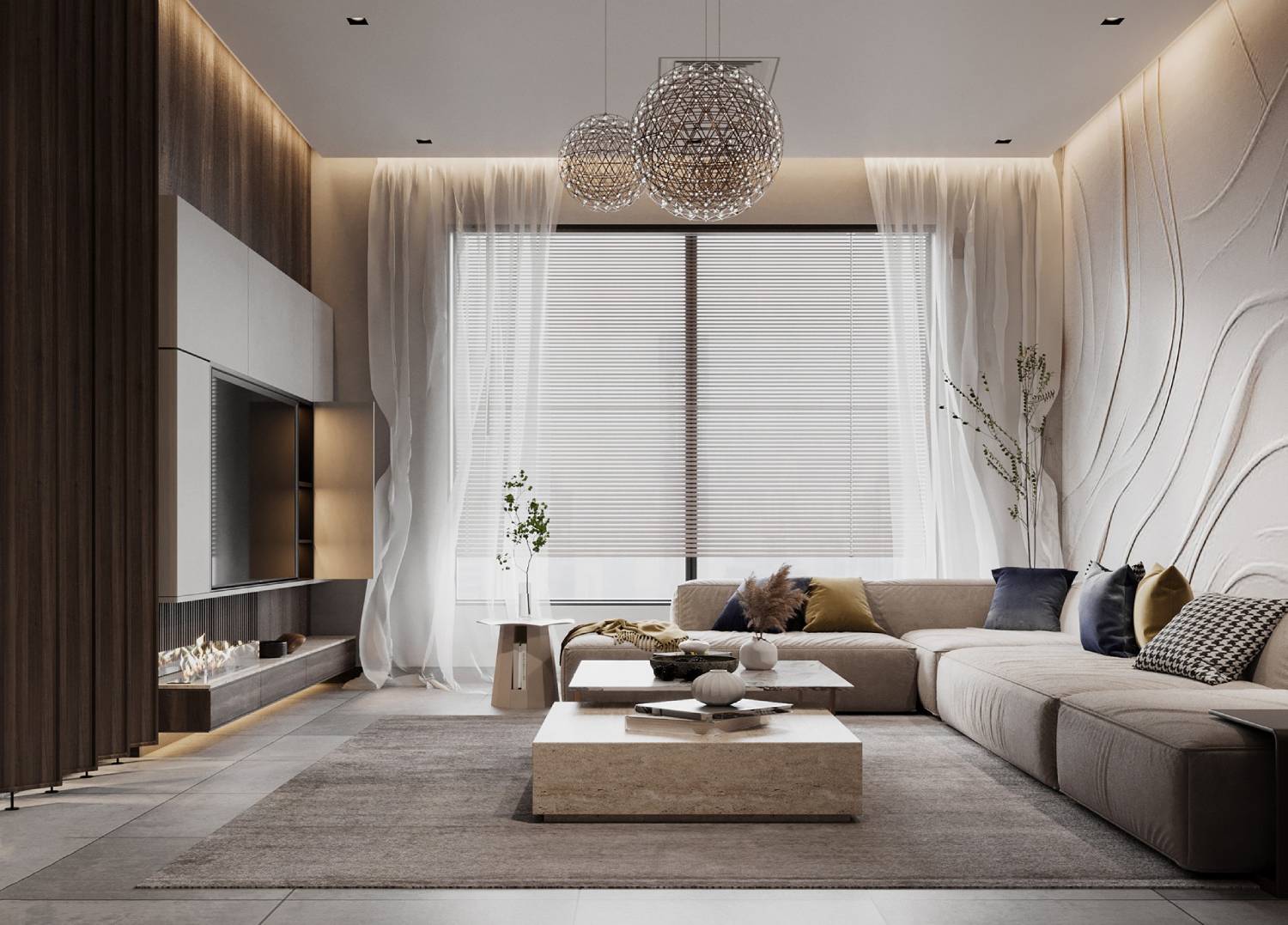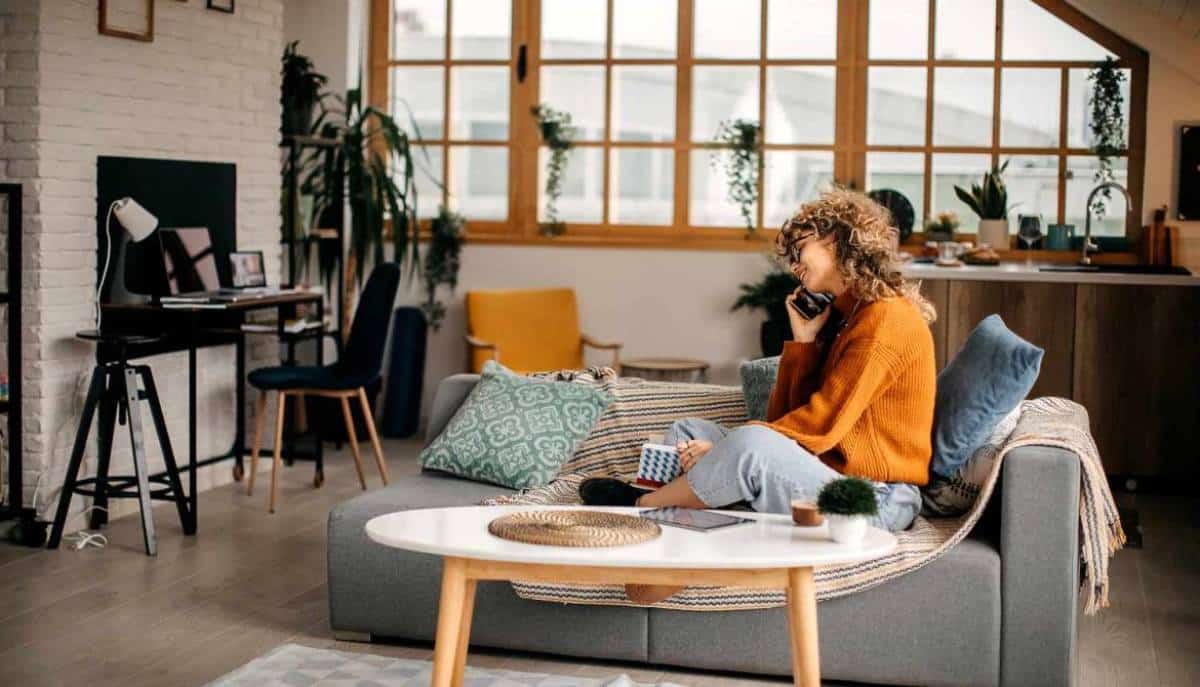
The Psychology Behind Owning Less & Living More
Today, minimalism attracts more followers. This is a quality-over-quantity lifestyle. But at the core of this movement, there is a very deep psychological shift: the minimalist mindset. This mentality advocates that having less can result in living more, facilitating mental clarity and a greater sense of purpose. This blog will explore the psychology behind this system of minimalism. We’ll see that mindful ownership is linked to mental clarity. This way of life can be transformative.
The appeal of minimalism is about more than just aesthetics. It represents a lifestyle decision that vows to improve well-being and happiness. But what motivates this movement, and why are so many people attracted to it? Understanding the mindset behind owning less and living more.
Key Benefits / Why It Matters
Minimalist Mindset: The Foundation of Simplicity
The minimalist mindset is more than just a trend; it’s a way of thinking that encourages individuals to focus on what truly matters. By reducing physical clutter, we can also declutter our minds, making room for more meaningful experiences. This mindset believes that happiness comes from our experiences and relationships, not material things.
Minimalism challenges the societal norm that equates success with accumulation. It promotes a thoughtful way to consume. Each item should have a purpose and bring value to your life. This shift in perspective can lead to greater mental clarity, as individuals are no longer burdened by the constant pursuit of more. Fewer distractions let people focus on personal growth, building relationships, and self-discovery.
Mindful Ownership: A Path to Freedom
Mindful ownership is a key component of the minimalist mindset. It involves being conscious of what we bring into our lives and ensuring that each item aligns with our values and needs. This practice encourages us to question the necessity of our possessions and to let go of those that no longer serve us.
Mindful ownership helps people feel free from the limits of materialism. This freedom helps you focus more on personal growth, relationships, and experiences. As a result, you can live a more fulfilling and purposeful life. When we are intentional about what we own, we create an environment that nurtures rather than drains us. Studies have shown that excessive consumerism often leads to stress and dissatisfaction. Simplicity can foster contentment and peace of mind.
Mental Clarity: The Psychological Benefits of Minimalism
One of the most significant psychological benefits of minimalism is the mental clarity it fosters. Removing excess can lower stress and anxiety. This helps create a more peaceful and harmonious space. This clarity extends beyond the physical realm, allowing for greater focus and productivity in daily life.
Clutter can harm mental health. It often leads to feelings of being overwhelmed and distracted. A minimalist lifestyle helps create a calm and clear space. This change can boost overall well-being. When our environment is free from distractions, our minds work better. This helps us make better decisions and feel good emotionally.
Step-by-Step Guide to Embracing Minimalism

Step 1: Assess Your Current Mindset
The first step in embracing minimalism is to assess your current mindset. Think about your things. How do they affect your happiness and well-being? Are you holding onto items out of habit or necessity? Understanding your motivations can help you make more intentional choices moving forward.
Step 2: Define Your Values and Priorities
Next, take the time to define your values and priorities. What truly matters to you? By identifying these core principles, you can align your belongings and lifestyle with your beliefs. This helps you live a more meaningful and intentional life. Minimalism is not about deprivation; it’s about focusing on what adds genuine value to your life.
Step 3: Declutter Your Space
Begin the process of decluttering by evaluating each item in your home. Ask yourself if it serves a purpose or brings joy to your life. If not, consider letting it go. This process can be liberating, allowing you to create a space that reflects your values and supports your well-being. Decluttering is not just a one-time event—it’s an ongoing practice of being mindful about what you allow into your life.
Step 4: Practice Mindful Consumption
Adopting a minimalist mindset involves being intentional about what you bring into your life. Before making a purchase, consider whether the item aligns with your values and needs. This practice can help you avoid unnecessary clutter and focus on what truly matters. Mindful consumption includes managing digital clutter, like unwanted emails, notifications, and social media distractions.
Step 5: Embrace Experiences Over Possessions
Finally, prioritise experiences over possessions. Focus on activities and relationships that bring you joy and fulfilment. Don’t just gather material goods. This shift in focus can lead to a richer and more meaningful life. Experiences create lasting memories, while material possessions often lose their value over time.
Additional Expert Tips & Common Mistakes to Avoid
Expert Tips for a Successful Minimalist Journey
- Start Small: Begin your minimalist journey with small, manageable changes. Focus on one area of your home at a time, gradually working towards a more minimalist lifestyle.
- Be Patient: Embracing minimalism is a process that takes time and effort. Be patient with yourself and allow for gradual progress.
- Seek Support: Connect with others who share your minimalist values. Joining a community can provide support and motivation throughout your journey.
- Adopt a Gratitude Mindset: Appreciate what you already have before seeking more. Gratitude helps shift the focus from accumulation to contentment.
Common Mistakes to Avoid
- All-or-Nothing Approach: Avoid the temptation to adopt an all-or-nothing mindset. Minimalism is about making intentional choices, and not adhering to strict rules.
- Focusing Solely on Decluttering: While decluttering is an important aspect of minimalism, it’s not the only focus. Remember to prioritise experiences and relationships as well.
- Comparing Yourself to Others: Minimalism is a personal journey. It’s important to avoid comparing yourself to others. Focus on what works for you and aligns with your values.
Advanced Insights / Expert Recommendations
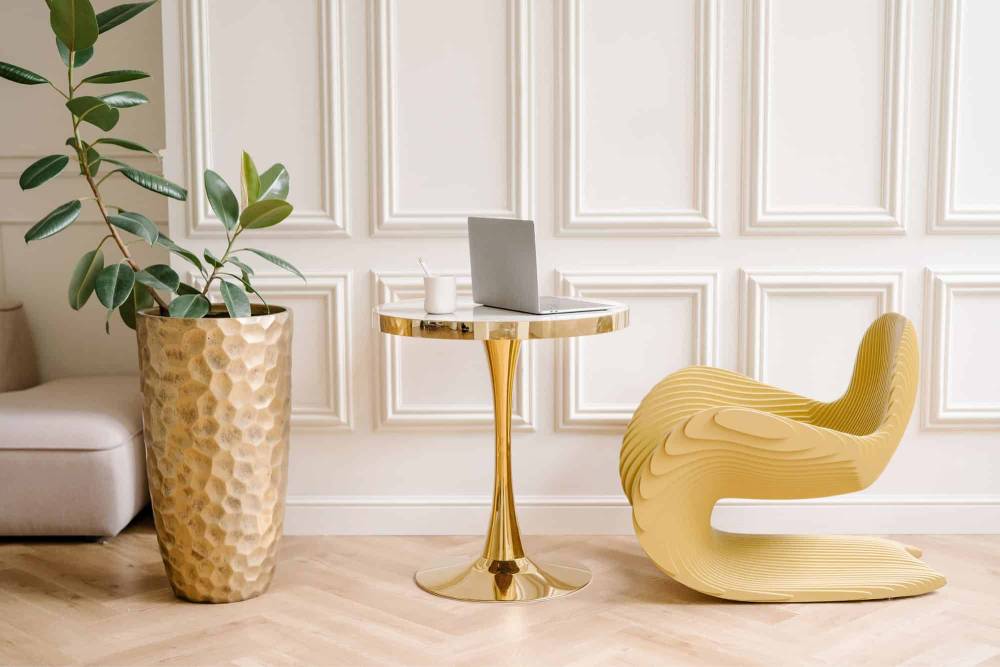
The Role of Mindfulness in Minimalism
Mindfulness plays a crucial role in the minimalist mindset. Practising mindfulness helps people notice their thoughts, feelings, and actions. This awareness leads to more intentional choices. This awareness can help individuals break free from the cycle of consumerism and focus on what truly matters.
The Impact of Minimalism on Mental Health
Research has shown that minimalism can have a positive impact on mental health. Reducing clutter and simplifying your space can lower stress and anxiety. This change can lead to better overall well-being. This psychological benefit is a key driver for many individuals who choose to embrace minimalism.
The Transformative Power of Minimalism
Owning less and living more is a minimalist mindset. It appreciates our need for more mindful ownership and mental clarity. This way of living is liberating, meaningful, and healthful. Let go of what does not matter, and focus on what does. Note that the choices you make should reflect your values.
Who’s ready to shift their life into the minimalistic frame of mind? Go small, be patient, and prefer experiences over things. This way, you may build a meaningful and fulfilling life for yourself. Every journey to minimalism is its own, and you must find what works for you! Start your journey today and see how owning less and living more can change everything.
